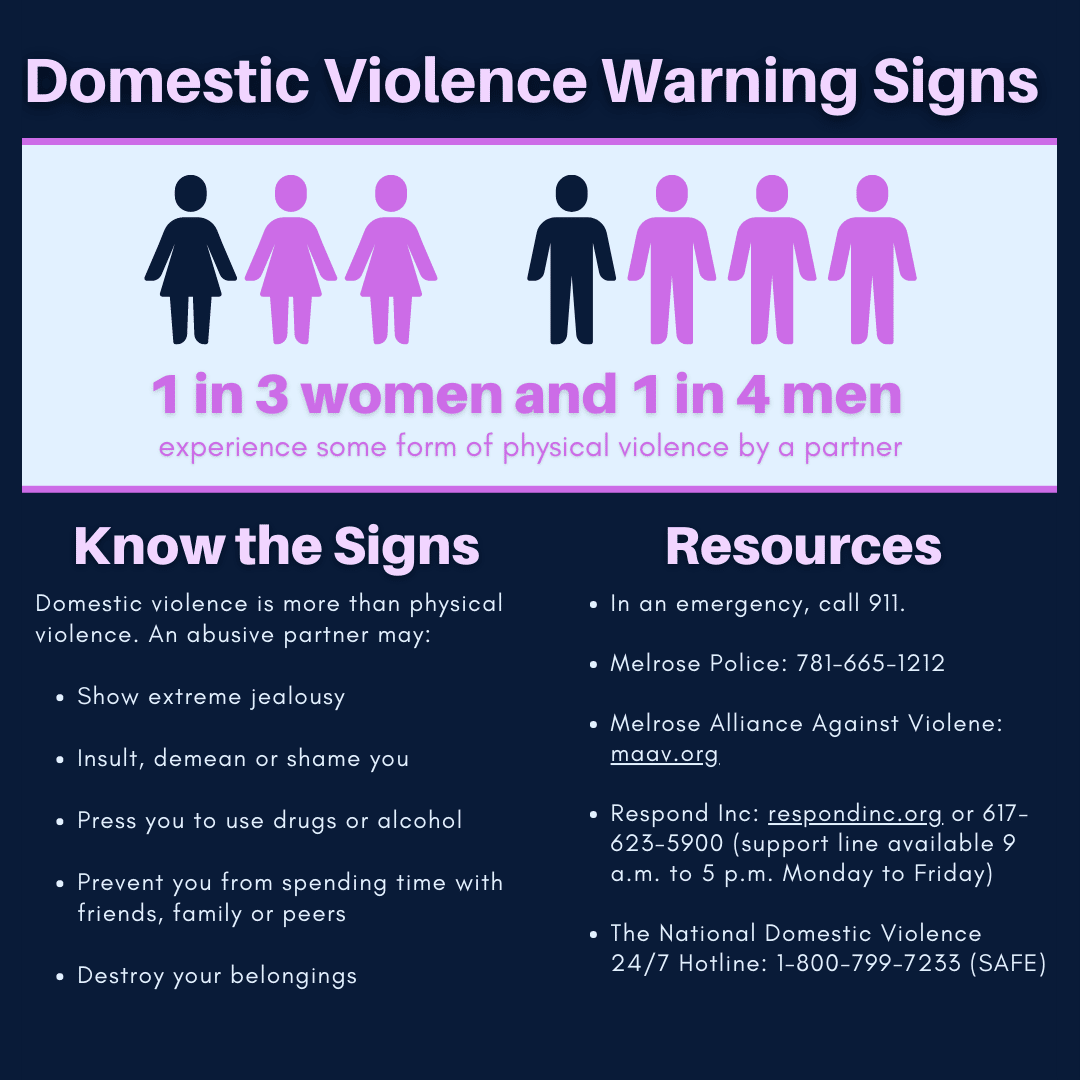Definition and Legal Aspects of Domestic Battery

Domestic battery is a serious crime that involves the intentional use of force against a family member or intimate partner. It can include physical violence, but also encompasses acts that cause emotional or psychological harm. This offense has significant legal ramifications, leading to criminal charges, fines, imprisonment, and even protective orders.
Domestic Battery Laws Across Jurisdictions
Domestic battery laws vary across different jurisdictions. While the core elements of the crime are generally consistent, specific definitions, penalties, and reporting requirements can differ. For instance, some states have specific laws addressing domestic violence against children, while others have broader definitions that encompass a wider range of relationships. It’s crucial to understand the specific laws in your jurisdiction to fully comprehend the legal implications of domestic battery.
Elements of Domestic Battery
Domestic battery typically involves three key elements: intent, physical contact, and the nature of the relationship.
- Intent: The perpetrator must have acted intentionally, meaning they knowingly and voluntarily caused harm or threatened harm to the victim.
- Physical Contact: This element requires that the perpetrator made physical contact with the victim, which can include hitting, kicking, pushing, shoving, or any other act that causes physical pain or injury.
- Nature of the Relationship: The perpetrator and victim must be in a domestic relationship, such as spouses, former spouses, dating partners, cohabiting partners, or family members. This element helps distinguish domestic battery from other forms of assault.
Types of Domestic Battery
Domestic battery encompasses a range of behaviors that can cause harm to a victim.
- Assault: This involves any act that creates a reasonable apprehension of imminent harm or bodily injury. Examples include verbal threats, brandishing a weapon, or any other action that puts the victim in fear of immediate harm.
- Battery: This refers to the actual physical contact that causes harm or injury. It can include hitting, kicking, pushing, slapping, or any other act that results in physical pain or injury.
- Stalking: This involves repeated and unwanted contact or harassment that causes fear or emotional distress. It can include following, spying, making unwanted phone calls, sending threatening messages, or engaging in other behaviors that make the victim feel unsafe.
Consequences of Domestic Battery
The consequences of domestic battery can be severe, ranging from fines and probation to imprisonment and protective orders.
- Criminal Charges: Domestic battery is a criminal offense that can result in various charges, depending on the severity of the crime and the jurisdiction.
- Fines: A conviction for domestic battery can lead to substantial fines, which can vary depending on the specific charges and the jurisdiction.
- Imprisonment: In many cases, domestic battery can result in imprisonment, with the length of the sentence depending on the severity of the offense and the defendant’s criminal history.
- Protective Orders: Victims of domestic battery can obtain protective orders, which are legal documents that restrict the perpetrator’s contact with the victim and their children.
Causes and Contributing Factors

Domestic battery is a complex issue with multifaceted causes and contributing factors. Understanding these factors is crucial for developing effective prevention and intervention strategies.
Power Imbalances
Power imbalances are a significant underlying cause of domestic battery. This imbalance can manifest in various forms, such as economic dependence, control over finances, or unequal access to resources. The abuser may use their position of power to control and manipulate the victim, leading to violence. For example, an abuser might threaten to withhold financial support or threaten to take custody of children if the victim attempts to leave the relationship.
Anger Management Issues
Individuals who struggle with anger management are more likely to engage in domestic violence. They may have difficulty controlling their emotions, leading to outbursts of rage and aggression. These individuals may lack coping mechanisms for dealing with stress and frustration, resorting to violence as a means of expressing their anger.
Substance Abuse
Substance abuse, including alcohol and drug use, is a significant risk factor for domestic battery. Substance abuse can impair judgment, increase impulsivity, and lower inhibitions, making individuals more likely to engage in violent behavior. It can also exacerbate existing mental health conditions, leading to increased aggression and violence.
Risk Factors, Domestic battery
Several risk factors increase the likelihood of domestic battery. These factors can be categorized into socioeconomic, mental health, and family history categories.
Socioeconomic Factors
- Low socioeconomic status can increase the risk of domestic battery. Poverty, unemployment, and financial stress can contribute to tension and conflict within relationships, increasing the likelihood of violence.
- Limited access to education and employment opportunities can also increase the risk of domestic battery. Lack of education and employment can lead to feelings of powerlessness and frustration, making individuals more likely to resort to violence.
Mental Health Issues
- Mental health issues, such as depression, anxiety, and personality disorders, can increase the risk of domestic battery. These conditions can lead to difficulty managing emotions, impulsivity, and aggression.
- Individuals with mental health issues may also have difficulty seeking help or accessing treatment, increasing the likelihood of violence.
Family History of Violence
- Individuals who grew up in homes where violence was present are more likely to engage in domestic battery. Witnessing violence as a child can normalize violent behavior and increase the likelihood of perpetrating violence in adulthood.
- Children who experience violence may also be more likely to become victims of domestic battery as adults. They may be more accepting of violence in relationships or have difficulty recognizing and escaping abusive situations.
Social and Cultural Norms
Social and cultural norms can play a role in perpetuating domestic battery. Traditional gender roles that assign men dominance and women subordination can contribute to the acceptance of violence against women. Cultural norms that value male control and dominance over women can create an environment where violence is seen as acceptable or even justified.
Demographic and Community Variations
The prevalence and nature of domestic battery can vary across different demographics and communities. For example, domestic battery rates may be higher in communities with high levels of poverty, unemployment, and substance abuse. Cultural factors can also influence the prevalence and nature of domestic battery. In some cultures, domestic battery may be more accepted or normalized, making it more difficult for victims to seek help.
Impact and Consequences

Domestic battery is a serious crime with far-reaching consequences that extend beyond the immediate physical harm inflicted. It has a profound impact on victims, causing lasting physical, emotional, and psychological damage. The effects of domestic battery can also ripple out to impact children, families, and communities.
Physical Impact
The physical impact of domestic battery can range from minor injuries to severe, life-threatening harm. Victims may experience bruises, cuts, broken bones, and internal injuries. In some cases, domestic battery can result in permanent disabilities.
Emotional and Psychological Impact
The emotional and psychological impact of domestic battery can be just as devastating as the physical injuries. Victims often experience a wide range of emotions, including fear, anxiety, depression, shame, guilt, and low self-esteem. They may also develop post-traumatic stress disorder (PTSD), which can lead to flashbacks, nightmares, and difficulty concentrating.
Long-Term Consequences
Domestic battery can have long-term consequences for victims, affecting their physical and mental health, as well as their relationships and overall well-being. Victims may experience chronic pain, difficulty sleeping, and difficulty maintaining relationships. They may also have difficulty finding employment or housing.
Impact on Children
Children who witness domestic battery are at risk of developing a range of emotional and behavioral problems, including anxiety, depression, aggression, and difficulty forming healthy relationships. They may also be more likely to experience physical and sexual abuse.
Impact on Families
Domestic battery can have a devastating impact on families. It can lead to family breakdown, financial instability, and a cycle of violence that can continue for generations.
Resources and Support Systems
There are many resources available to victims of domestic battery, including:
- Shelters: Provide safe and confidential housing for victims of domestic battery and their children.
- Legal Aid: Provide legal assistance to victims of domestic battery, including help with restraining orders and custody arrangements.
- Counseling Services: Offer individual and group therapy to help victims cope with the emotional and psychological trauma of domestic battery.
Available Resources
| Resource | Description | Contact Information |
|---|---|---|
| National Domestic Violence Hotline | Provides confidential support and resources for victims of domestic violence. | 1-800-799-SAFE (7233) |
| The Rape, Abuse & Incest National Network (RAINN) | Provides support and resources for victims of sexual assault and domestic violence. | 1-800-656-HOPE (4673) |
| National Coalition Against Domestic Violence (NCADV) | Provides resources and advocacy for victims of domestic violence. | (800) 799-SAFE (7233) |
Domestic battery is a serious issue that impacts countless individuals, and it’s important to remember that seeking help is crucial. While we celebrate joyous moments like the news of Skai Jackson pregnant , we must also recognize the devastating consequences of domestic violence.
If you or someone you know is experiencing abuse, please reach out for support. There are resources available to help break the cycle of violence and create a safer future.
Domestic battery is a serious issue that affects countless individuals and families. It’s important to remember that violence is never the answer, and seeking help is crucial for anyone experiencing abuse. While rumors about a “Skai Jackson son” might circulate online, skai jackson son is not a reality.
It’s essential to focus on factual information and avoid spreading misinformation, especially when dealing with sensitive topics like domestic battery.